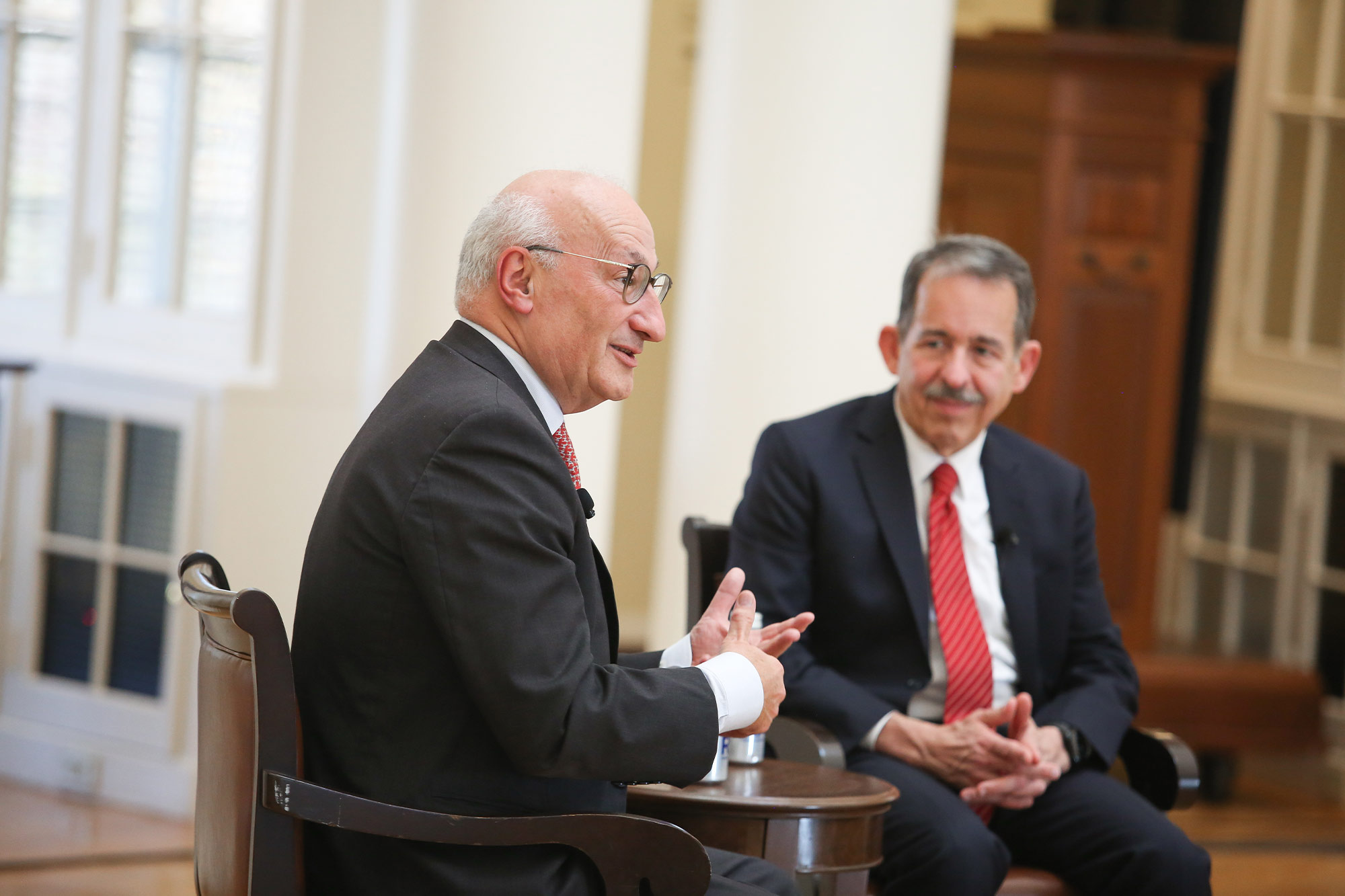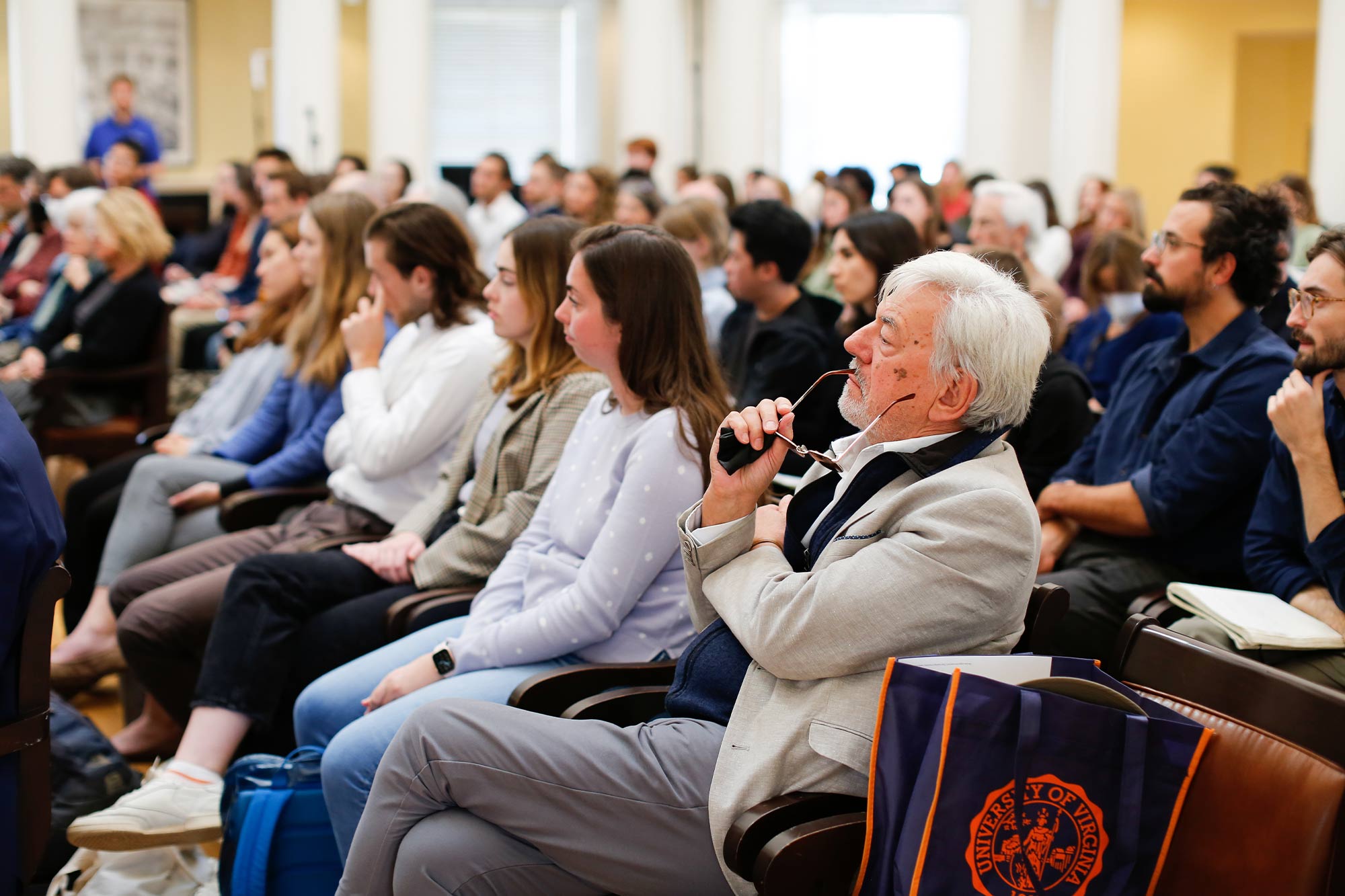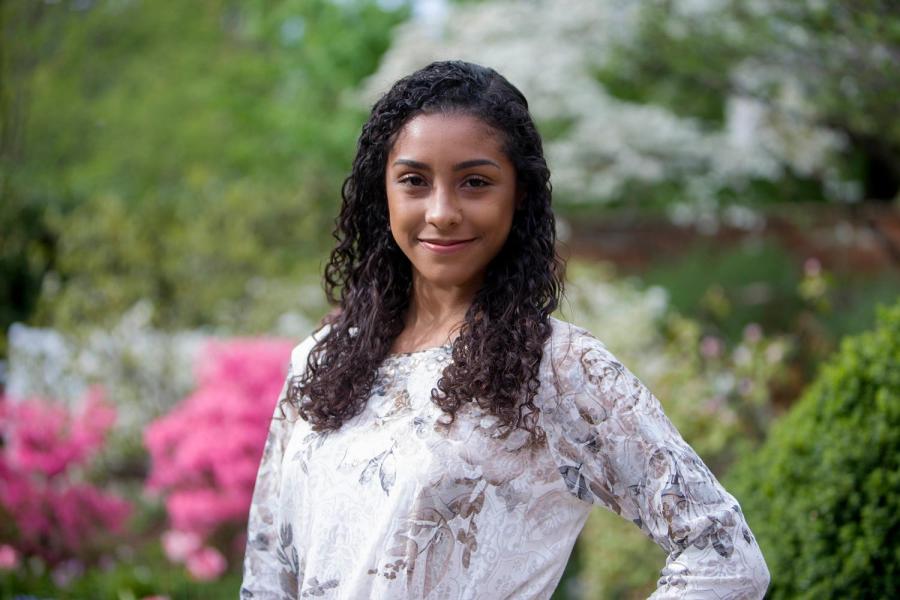In his lecture, titled “The Russian Invasion of Ukraine: Implications for Transatlantic Relations,” the ambassador said that the European Union has provided more than 22 billion euros ($22.3 billion) in humanitarian, economic and military aid to Ukraine in addition to 17 billion euros to resettle Ukrainian refugees.
“We are also working hard to address the pressing issues Ukraine is facing by stepping up our efforts to help Ukraine face winter when Russia is massively bombing the energy infrastructure,” he said.
Etienne said that France and Ukraine will host a conference in Paris next month that will bring together a cross-section of stakeholders wishing to act together to support Ukraine’s civilian resilience. Its aim will be to identify practical responses to address the winter emergency.
The ambassador highlighted the more global dimensions of Russia’s invasion of Ukraine, in particular in contributing to food insecurity among the most vulnerable countries around the world. He said the upcoming G20 summit in Bali would also be an important occasion to work with the U.S. and other partners to address this issue.
Etienne said that in the end the conflict in Ukraine would have to be resolved diplomatically. While France would endeavor to keep diplomatic channels open to Russia to facilitate that process, he said, it is clear that Russia so far has not shown any inclination to cease its invasion even as the risk of escalation remains large.
Underscoring France’s status as the United States’ oldest ally, he said that French President Emanuel Macron’s state visit to the United States on Dec. 1 will advance the historic relationship to even greater heights in meeting such challenges as the war in Ukraine, global economic issues and climate change.
Before the ambassador’s lecture, Vincent Michelot, higher education attaché in the embassy and a UVA alumnus, made two announcements. The first was to award professor Janet Horne of UVA’s French Department with one of France’s highest civil honors, the title of Chevalier des Palmes Académiques. The second announcement was the inclusion of UVA in the French Embassy’s Center of Excellence network, becoming one of 28 American universities to have the honor. A Center of Excellence receives fixed financial support on a yearly basis from the Cultural Services of the French Embassy in the United States.
This inclusion will mark an enhanced partnership for the University’s French Department and Karsh Institute of Democracy in advancing interdisciplinary research and teaching about the francophone world, specifically seeking to explore the connections between the francophone world and the history, philosophy and future of democracy.
“UVA has always been a home away from home for the French historians of United States and American historians of France,” Michelot said, pointing to the example of French Minister of Education Pap Ndiaye who came for his master’s degree in American history to UVA in 1991.




